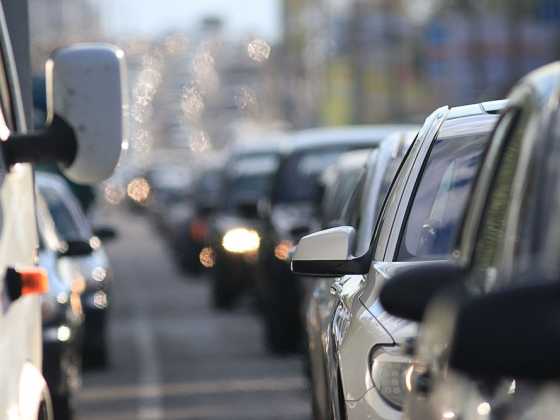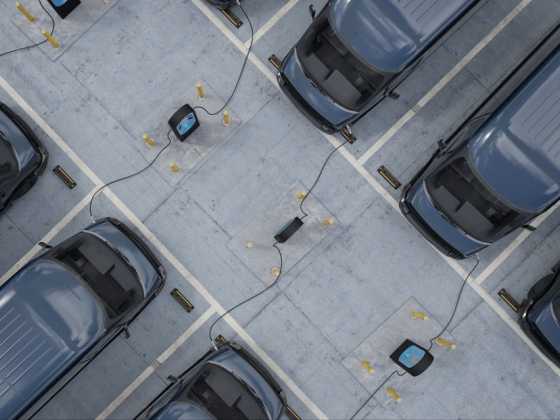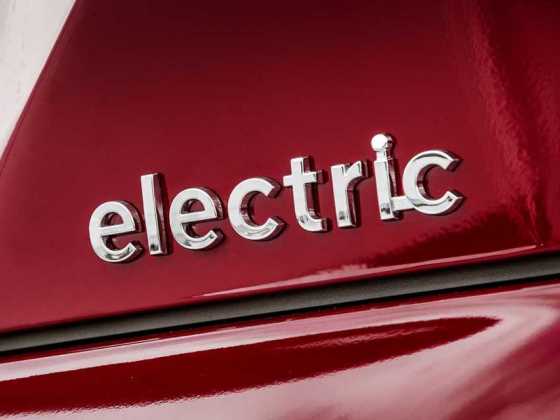Proposal to extend London Congestion Charge scrapped

Proposals to extend the £15 daily Congestion Charge to the North and South circular roads in London, as ministers had wanted, will not be going ahead, the Mayor of London has announced.
As part of conditions of its financial package for TfL, the Government also wanted to scrap free travel for under-18s and over-60s. These proposals have also been successfully defeated. The Government also wanted TfL fares to rise by more than the previously agreed RPI+1 per cent. This has also been successfully fought off.
The deal makes around £1.8 billion of Government grant and borrowing available on current projections to TfL in the second half of this financial year. Transport for London will itself make up through cost savings the £160million gap the deal leaves from the nearly £2 billion the organisation projects it will need to run the tube, bus & other TfL services for the remainder of this financial year.
As part of the deal, London will also have to raise extra money in future years. Decisions about how this additional funding will be raised are yet to be made by the Mayor, but some of the options that he and the government have agreed to be looked at include a modest increase in council tax, pending the appropriate consultation, as well as keeping in place the temporary changes to the central London Congestion Charge that were introduced in June 2020, subject to consultation.
David Wells, Chief Executive of Logistics UK, comments: “The government’s decision to listen to the concerns of Logistics UK and its members – as outlined in my letter to Rt Hon Grant Shapps MP, the Secretary of State for Transport – and refrain from expanding the London Congestion Charge is a huge relief to logistics businesses, many of whom continue to struggle financially and operationally as a result of the COVID-19 crisis. Now, Logistics UK is urging government to reconsider whether logistics activity should still be included in the temporary conditions added in June 2020, which saw a significant increase in the fee and longer operating hours. With little alternative to using lorries and vans to keep London stocked with all the goods the population needs, it simply amounts to an additional tax on those charged with supporting the capital during the pandemic, and beyond.”



